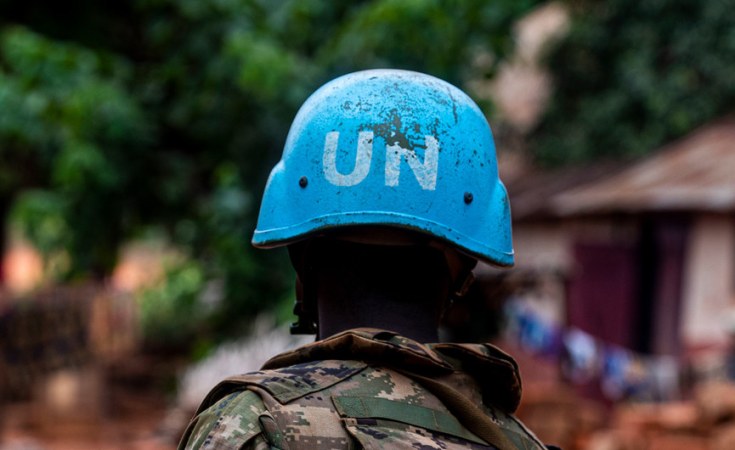The East African Community (EAC) has said it is "deeply concerned" about the escalation of hostilities by armed groups in eastern DR Congo, especially in the area of operation of the bloc's regional force.
In a statement on Thursday, October 12, EAC Secretary-General Peter Mathuki said there was "deteriorating security situation" in North Kivu province, where the Congolese army and a coalition of militias fight the M23 rebel group.
Mathuki said the hostilities "stand in stark contrast to the envisioned peaceful resolution of the conflict through the EAC-Led Nairobi Process."
He also responded to reports of the EAC regional force (EACRF)'s alleged alliance with the government coalition to fight the M23.
On October 5, the M23 spokesperson Lawrence Kanyuka said the Burundian continent had "become a belligerent to the conflict" and accused it of supporting the government coalition which includes militias like the genocidal FDLR, Mai Mai Nyatura and CODECO.
Mathuki said he was "deeply concerned with the unfounded allegations and negative propaganda labelled against the EACRF Contingents, which imply collaboration with Armed groups."
As he emphasized that the EACRF "strictly adhered to the code of conduct and established procedures" of deployment, Mathuki said the "allegations aim to negate the hard work and gains made by our EAC Regional Force."
Since November 2022, the Congolese army and the M23 rebels have had a fragile ceasefire.
Mathuki urged both parties to respect the ceasefire and exercise restraint.
The resumption of hostilities on October 1 in parts of North Kivu raised concerns and threatened regional and UN and African Union-backed peace initiatives.
The Congolese government has downplayed calls for peace talks, by rearming its army for a renewed offensive against the rebel group, which it calls a terrorist organisation.
Mathuki called on the international community to support EAC endeavours in pursuing a peaceful resolution to this devastating conflict.


